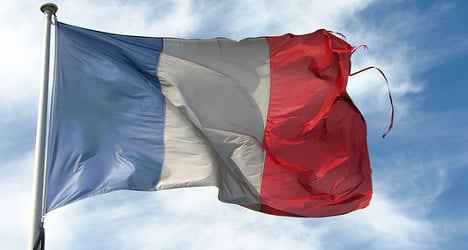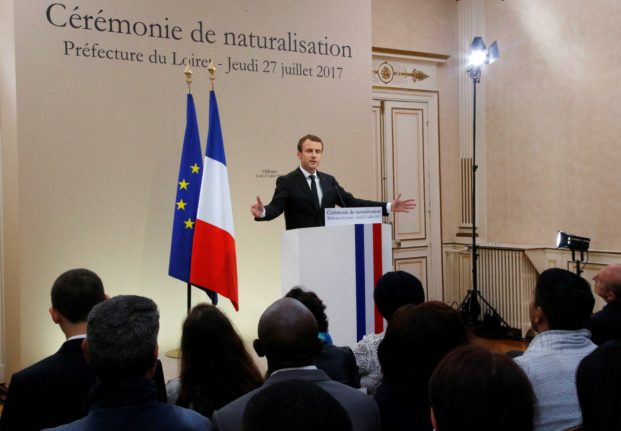France's Interior Minister Manuel Valls announced on Wednesday that the number of people gaining French nationality in the last year has risen by 14 percent. And Valls, who was born in Spain but gained French citizenship in 1981, wants those numbers to increase even more.
In 2012 46,000 applications for French citizenship were accepted by authorities but the interior minister wants that number to top 100,000 in the future.
The French public may not be too happy with the announcement after a poll earlier this year revealed that the majority of French believed there were too many foreigners in France.
Valls made it clear in October last year that he wanted to make it easier for foreigners to become French after the numbers of applicants had dropped significantly under Nicolas Sarkozy's conservative government.
"French nationality should not be sold off or reserved for the elite,” he said at the time.
As one of a number of measures aimed at increasing the number of naturalized French citizens, the government said it wanted to scrap the multiple-choice history and culture test that was introduced under Sarkozy but never implemented. Valls confirmed this move in a new decree on Wednesday.
Sample questions of the QCM included fairly guessable questions such as, is Edith Piaf: a singer, a bird specialist or a cyclist?
“You don’t become French by answering multiple choice questions,” said Valls.
Valls also scrapped a rule that applicants had to have a permanent job (CDD) before they would be considered.
These changes appear to have already taken effect with 61 percent of requests being accepted in 2013, compared to just 40 percent in 2011.
His latest decree on Wednesday also seeks to standardize the practices of each administrative centre after a general inspection showed that the number of refused requests could vary greatly from one centre to the next.
Valls also outlined plans to open three new regional agencies for dealing with candidates for French nationality in Nancy, Besançon and Beauvais. The Nancy site will include a Citizenship Assimilation Commission who will be charged with interviewing French wannabes to test their French language skills, as well as knowledge of French culture and national values.
Although the rules state that applicants must have a certain level of French language ability, Wednesday's decree will exempt the over-60s and graduates from Francophone universities from taking the obligatory French language test.
However, despite the decree's leniency on certain criteria, the final decision for citizenship still rests on the discretion of the French official, who is entitled to give a refusal even if all of the conditions are met.
The government's plan has not been greeted warmly by the right wing opposition.
“Valls wants to increase the number of naturalizations I order to facilitate the integration of immigrants, but to become French must be the result of an assimilation to the national community,” said UMP deputy Guillaume Larrivé.
“On June 17th I attended a naturalization ceremony in Auxerre of a woman who wore the Islamic veil. Was she really 'assimilated to the French community' according to the meaning in the civil code?” Larrivé said.




 Please whitelist us to continue reading.
Please whitelist us to continue reading.
Member comments